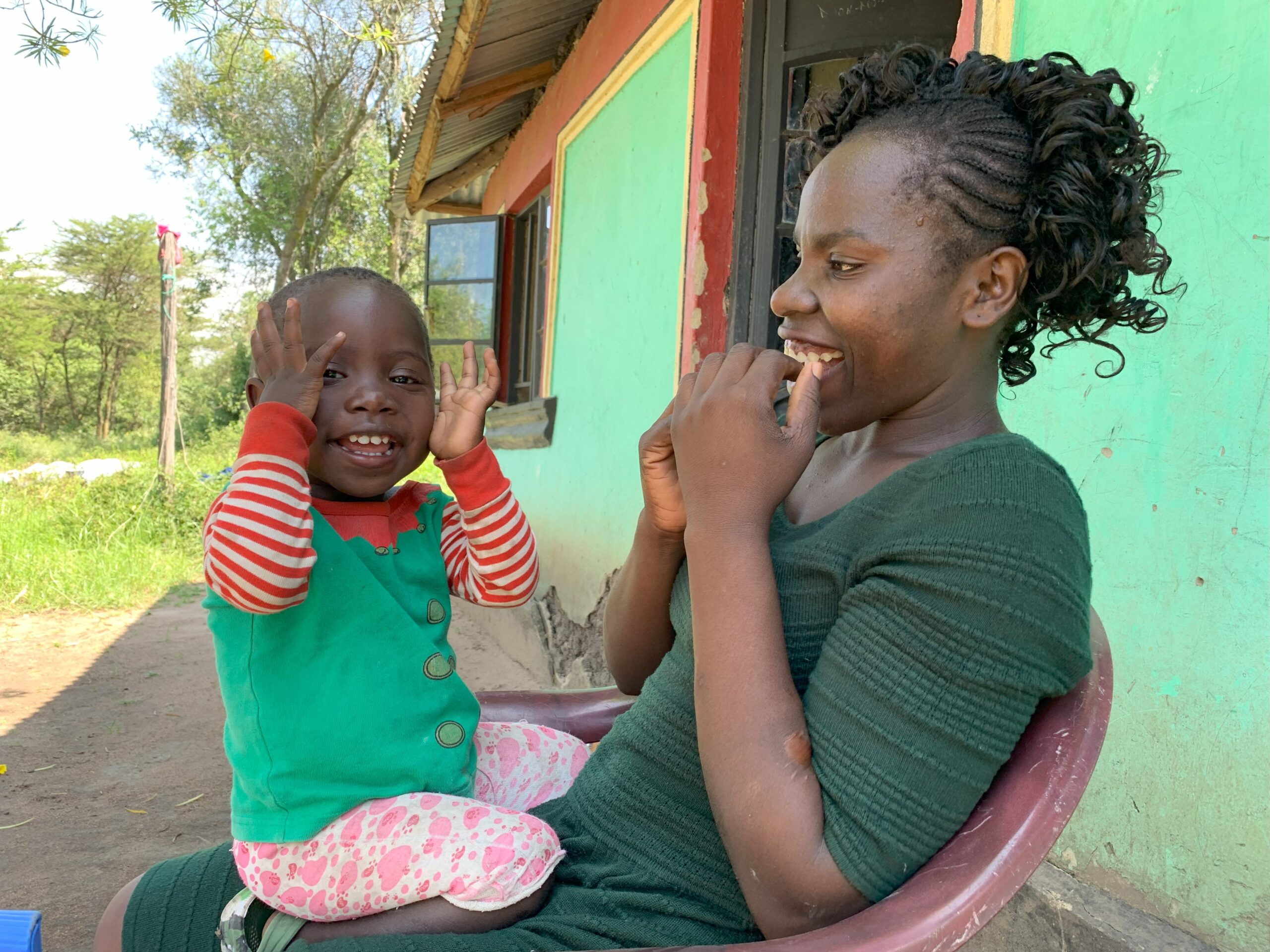
Empathy, Education, Empowerment for Every Child & Their Caregiver
A commitment to support and foster children’s healthy brain development in East Africa and all tropical regions worldwide.
Announcements
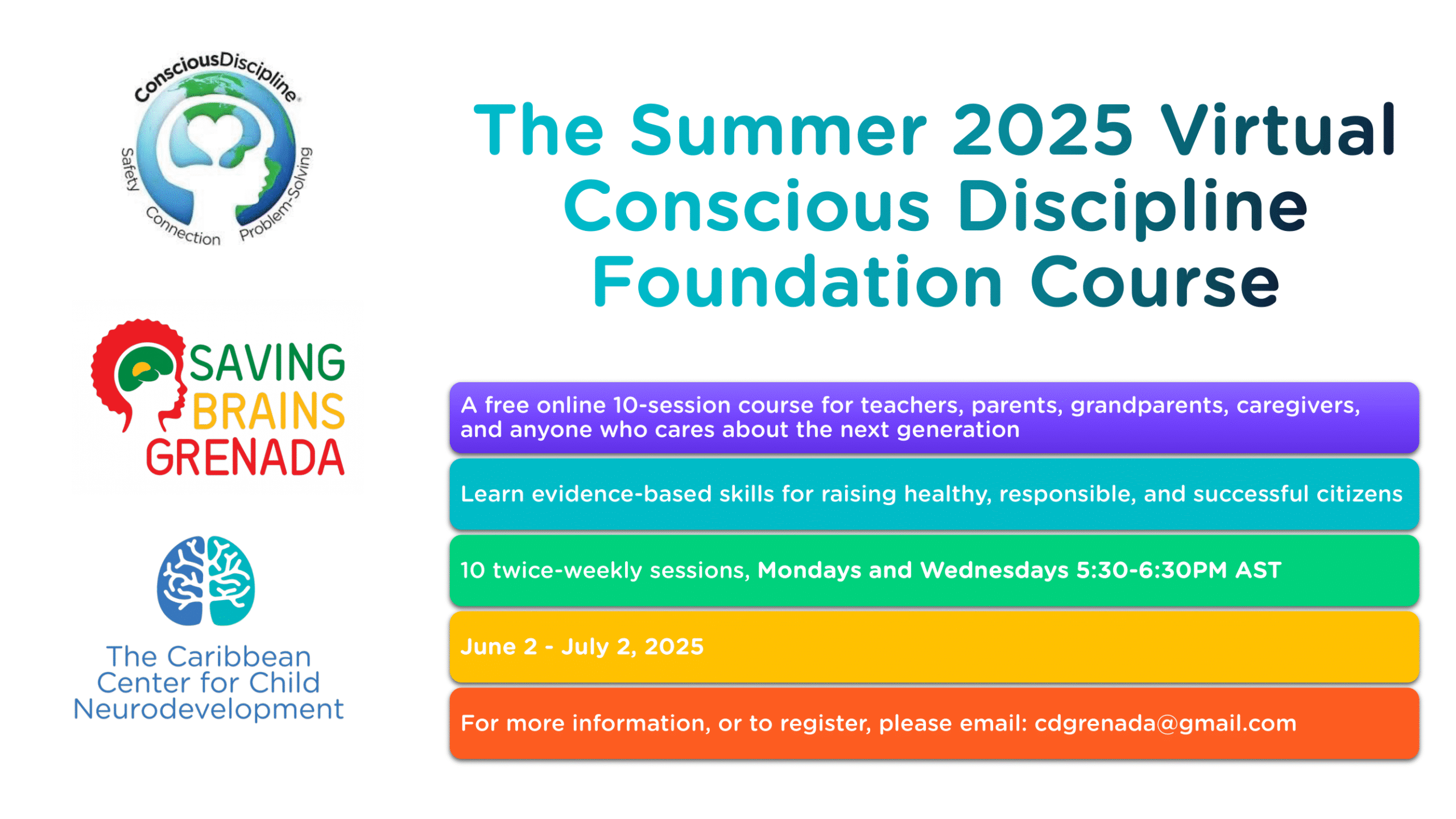
Who We Are
The East African Center for Child Neurodevelopment (EACCN) is a non-profit intervention and applied research organization based in Kenya. We work in close collaboration with our sister organization, the Caribbean Center for Child Neurodevelopment (CCCN) in Grenada.
What We Do
Child development is complex, and the first 1,000 days of life—together with maternal health during and after pregnancy—is a critical window for setting children on a lifelong trajectory of health, emotional well-being, and socioeconomic success. The EACCN therefore follows a multi-disciplinary, multi-pillar approach that is founded on the time-proven neurobiological principles of human brain development. We draw upon the latest and most impactful research across Neuropsychology, Social Psychology, Neuroscience (and social neuroscience), child development, sociology, and public health (especially prevention science). We develop, implement, and assess interventions that strengthen the social-emotional environment around children. We recognize that maximizing brain development in young children means providing mothers, other primary caregivers, daycare workers, early child educators, and teachers with the knowledge and skills they need to understand child neurodevelopment, regulate themselves, and establish safe and predictable environments where children can form strong social emotional connections with adults and with each other. By modeling composure and skills for managing conflict within themselves and with others, adults teach children how to regulate themselves and acquire critical social skills for future success in school, the workplace, and society at large. These self-regulation and problem-solving skills do not magically appear in children – they must learn them from adults. Accurate measurement of caregiver knowledge and skills and child neurodevelopment is necessary to assess the impact of our intervention programs. Finally, community based efforts must be paired with changes in laws, government policies, and public health programs that support the well-being of mothers and their children.
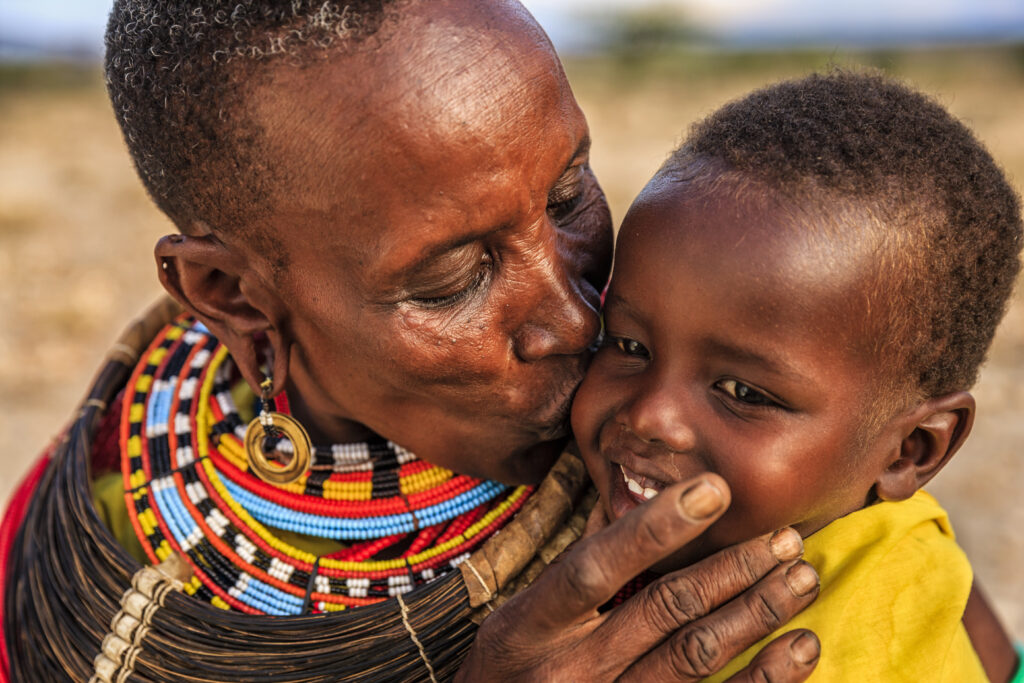
Interventions
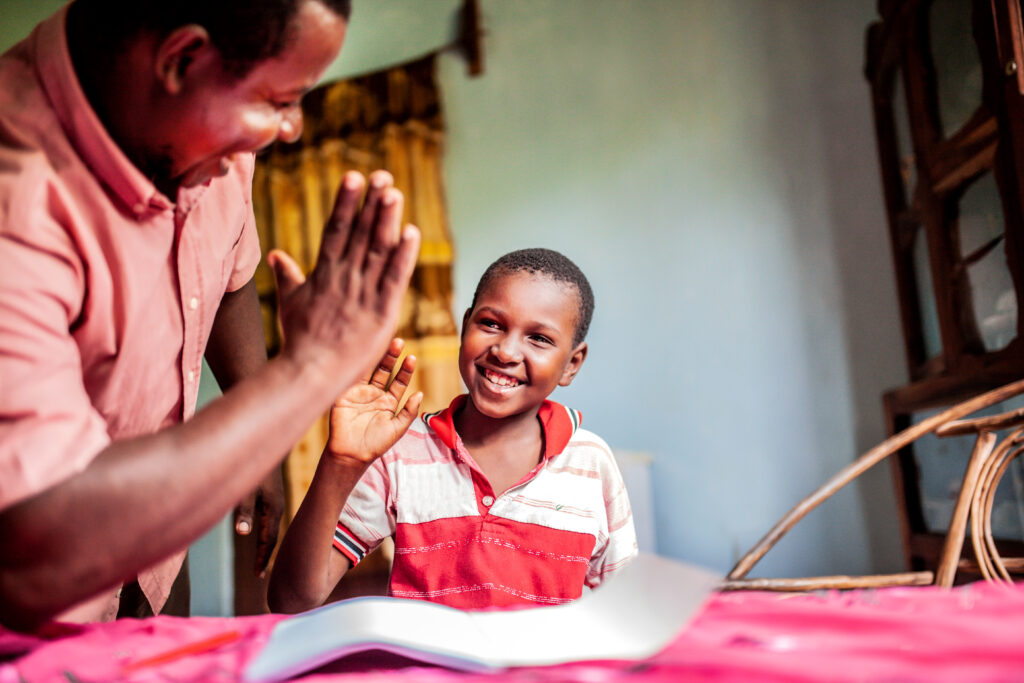
Assessments

Policy Advising

Public Health
Our Mission
To support and foster healthy brain development among children in East Africa and all tropical regions worldwide.
Our Vision
We envision a world where children feel safe, connected, and cognitively empowered to effectively resolve conflict within themselves and with others in a socially sustainable way.
Our Values
We value equal opportunity for all children to reach their full developmental potential.





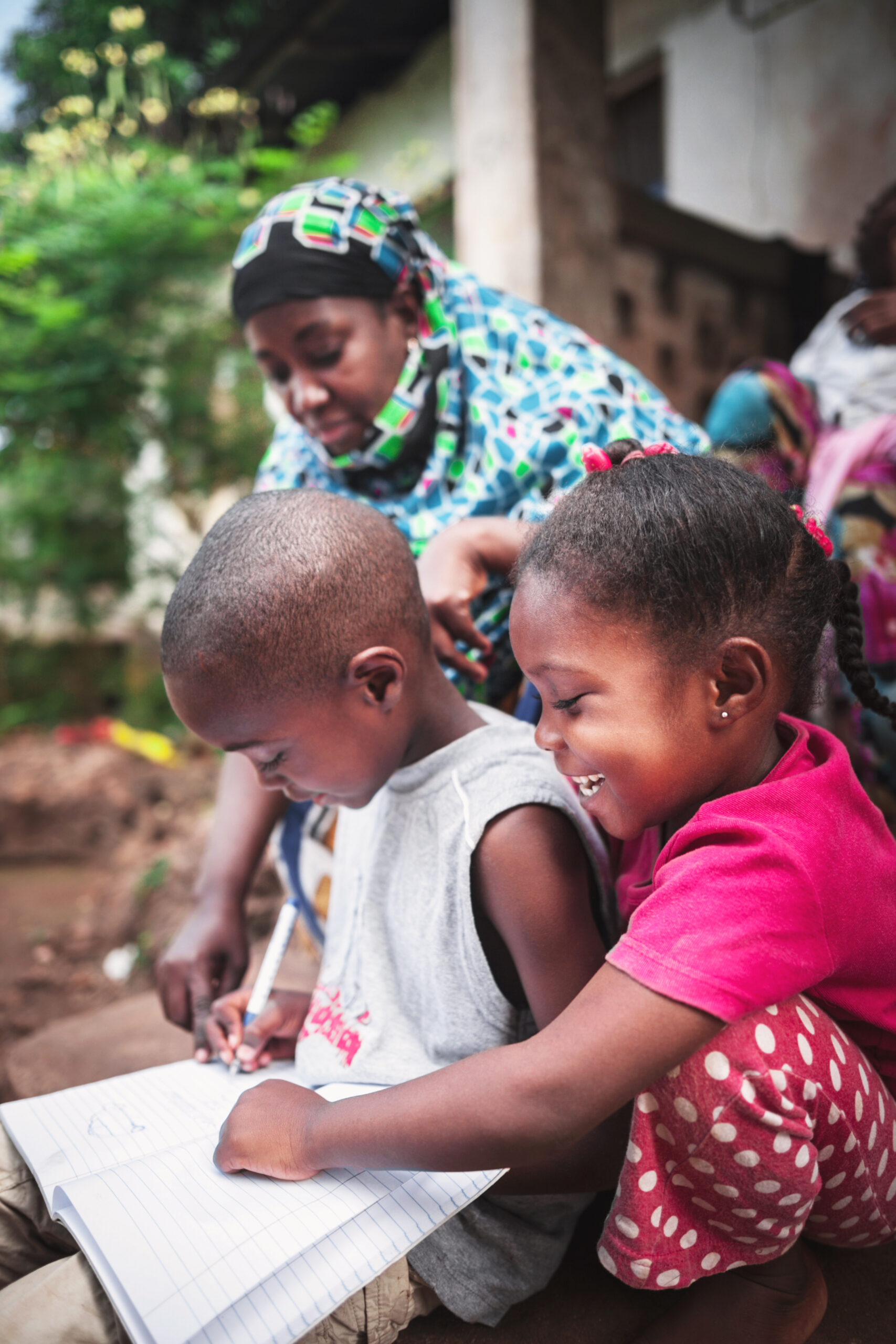
Publications
Research
Delve into groundbreaking insights about brain development, providing valuable knowledge to enhance understanding and support the well-being of children.
Policy Reports
Discover how we distill cutting-edge research into actionable insights, applying evidence-based recommendations and policy implications to foster an environment that nurtures optimal brain development in children.
Landscape Assessments
Acquire valuable insights about challenges and opportunities to advance the understanding and support of optimal brain development in children.
